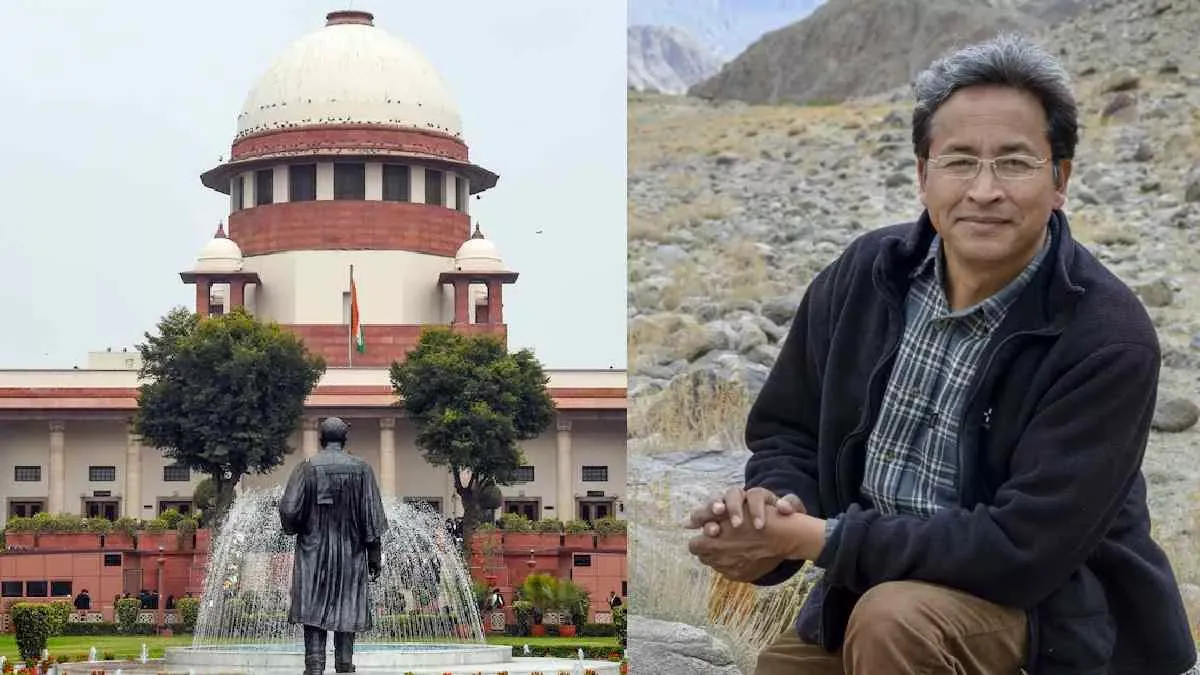

Supreme Court Intervenes in Detention of Activist Sonam Wangchuk
The detention of renowned climate activist and community leader Sonam Wangchuk has escalated into a major legal battle, with the Supreme Court of India stepping in to examine the case. On Monday, the apex court issued a formal notice to the Union government and the Ladakh administration, demanding a response to a petition that challenges the legality of Wangchuk's detention under the stringent National Security Act (NSA).
A Detention Shrouded in Secrecy
The matter reached the nation's highest court through a habeas corpus petition filed by Wangchuk's wife, Gitanjali J. Angmo. In her plea, she argues that her husband's detention is "patently illegal, arbitrary, and unconstitutional." The petition highlights that a week after he was taken into custody, the family had received no official information regarding the specific grounds for his detention or even his current state of health.
This lack of communication, the plea contends, is a direct violation of Article 22(5) of the Constitution, which mandates that the grounds for preventive detention must be communicated to the individual to allow them an opportunity for representation. Angmo has asked the court to direct the authorities to produce her husband before the court and has sought his immediate and unconditional release.
The Aftermath of Violent Protests
Wangchuk was taken into custody on September 26, just two days after a major protest in Leh, which he had been spearheading, turned violent. The protests, part of a long-standing movement demanding full statehood and inclusion in the Sixth Schedule of the Constitution for Ladakh, resulted in a tragic clash that left four people dead and 90 others injured.
It was in the wake of this unrest that the authorities invoked the National Security Act, a stringent law that allows for preventive detention without charge for up to a year, to detain Wangchuk. He was reportedly taken to Jodhpur in Rajasthan, far from his home region, further isolating him from his family and legal counsel.
A Patriot Behind Bars
In a powerful counter-narrative to the government's actions, the family's petition paints a picture of Wangchuk not as a threat, but as a dedicated patriot. The plea details his consistent work towards strengthening national unity and his direct support for the Indian Army. It highlights his well-known innovations, such as designing high-altitude solar-heated shelters for troops, and his efforts in mobilizing grassroots support for the nation in sensitive border areas. This portrayal stands in stark contrast to the implications of an NSA detention, which is typically reserved for individuals deemed a grave threat to the security of the state.
The Supreme Court's intervention has now transformed this case from a regional administrative action into a national test of civil liberties, pitting the state's security concerns against an individual's fundamental rights. The court's next hearing is awaited with keen interest, as its decision will have significant implications for both the future of the Ladakh statehood movement and the legal framework governing preventive detention in the country.
Image Source: Jagran